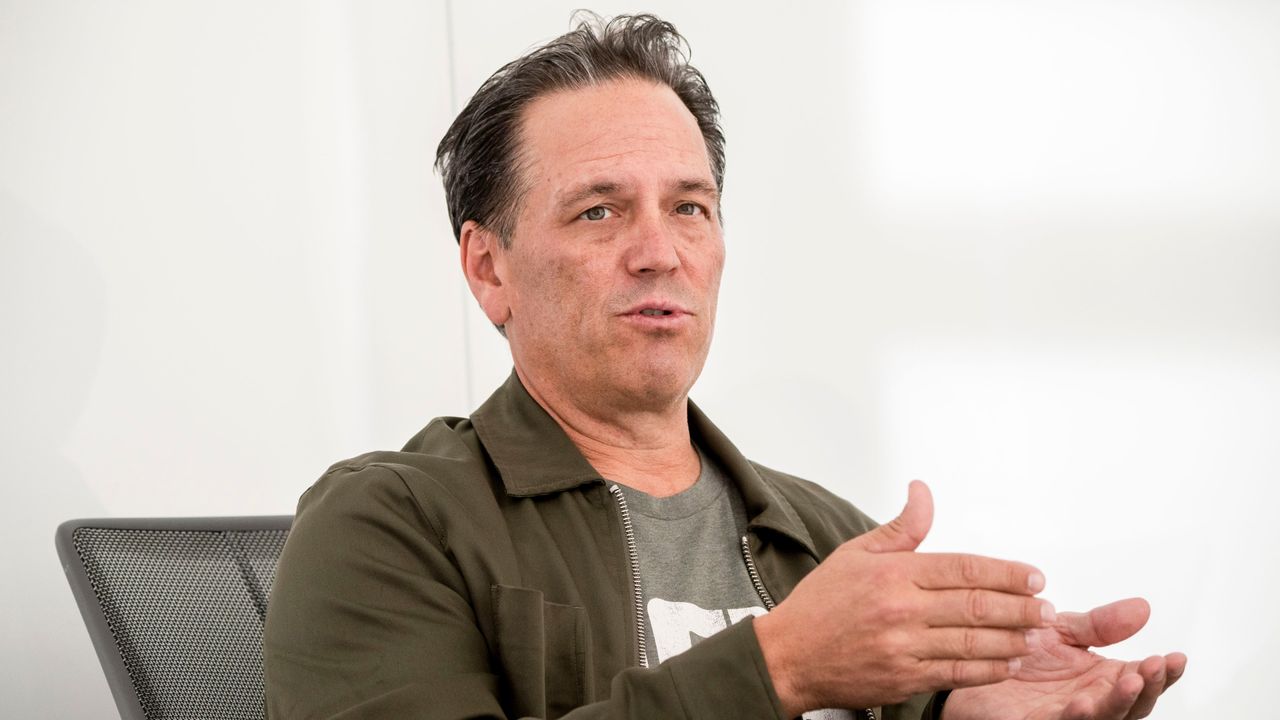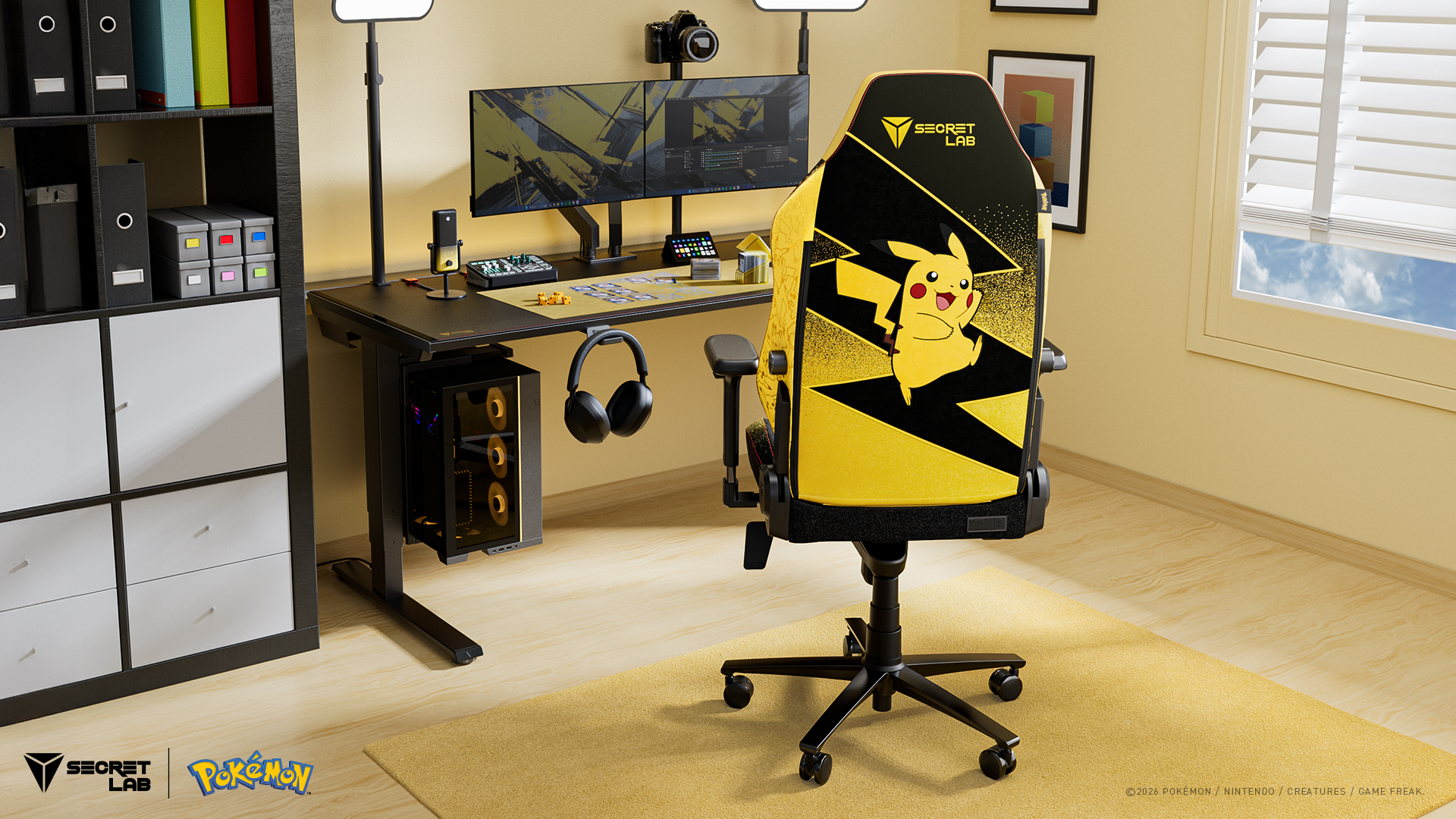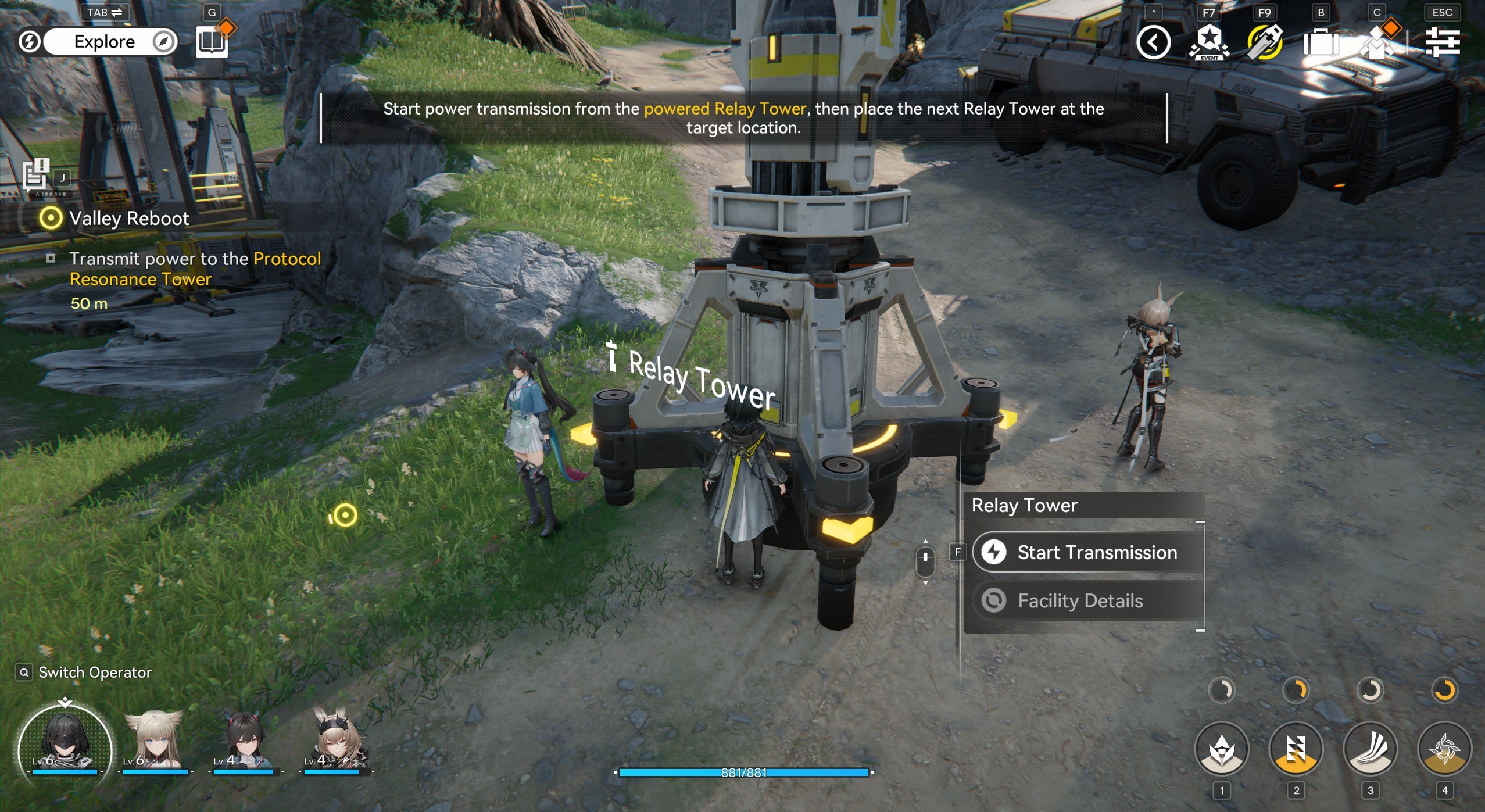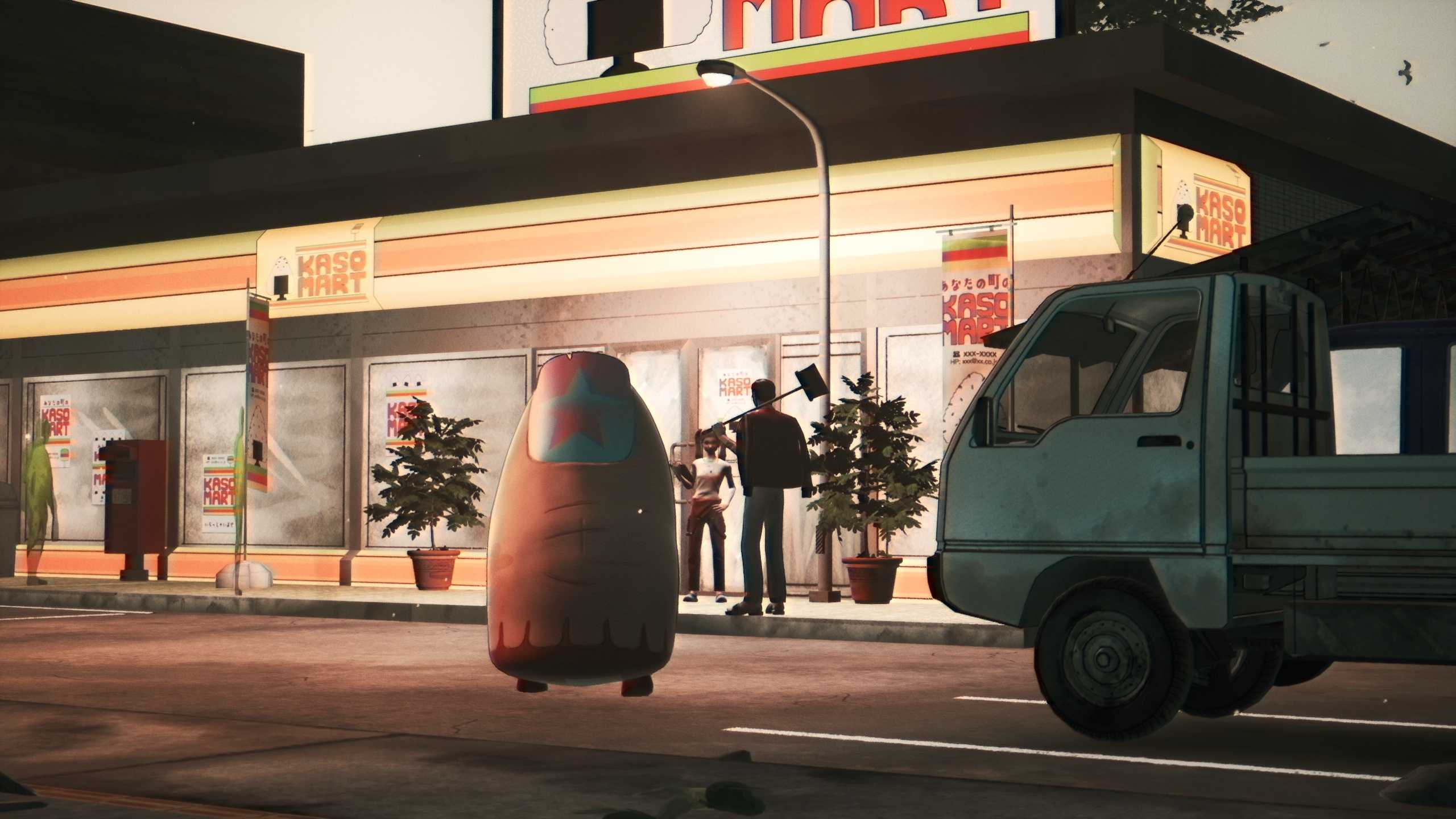Speaking alongside Double Fine founder Tim Schafer at the Paley International Council Summit on Thursday, Microsoft Gaming CEO Phil Spencer emphasized the value of creative risk-taking to a small crowd of film, TV, and online media bigwigs.
“The creativity of the teams is, in my mind, the most important thing and the thing that we need to protect and foster,” Spencer said during the moderated discussion.
According to Schafer, whose acclaimed adventure game studio was acquired by Microsoft in 2019, Spencer and the software giant have been true to their word, at least in his experience.
“When we talked about becoming acquired, it was a big thing for me, like, ‘How do we keep our culture intact?'” Schafer said. “And everyone was like, ‘No, we really want you to stay who you are.’ And that’s been true all these years … You know, creatively, we can be like, ‘Hey, we want to make this game about a walking lighthouse,’ and they’re like, ‘Cool. Sounds cool.'”
The walking lighthouse game in question is the recently-released Keeper, and it’s good: We just awarded it a 90% in our review. Schafer said that Microsoft’s acquisition freed Double Fine from the burden of constantly “shaking the bushes for money,” providing stability that allowed them to ask, “What would we do if we weren’t constantly afraid?”
Schafer also emphasized the importance of individuals, saying that he learned from his time at LucasArts to “make bets on people” rather than on ideas, nurturing and developing leaders who will later be trusted to run their own projects.
Hanging over these reflections on the value of creative risk taking and individuals are the expansive layoffs Microsoft has executed across its gaming division in recent years, which followed a period of rapid expansion that, aside from Double Fine, included the acquisition of Bethesda, Activision Blizzard, and more.
Spencer did admit that Microsoft has not always succeeded at protecting these creative risk takers, though the comment was made in the context of internet criticism.
“I think it’s the most brave thing a team can do, whether you’re making a movie or a television show, to go and put something out for the internet to evaluate, judge and comment on,” Spencer said.
“Sometimes I scratch my head on why anybody wants to go do that, because the internet’s not always a nice place for the discourse around things that have been created, but nurturing and protecting creative teams that want to go take risks. We don’t always succeed at that, but I think it is kind of the root of any media industry, the creative nugget.”
In Double Fine’s case, the bargain with Microsoft does seem to have been positive, freeing it from the chase for publisher and crowdfunding support.
Obsidian, which Microsoft acquired in 2018, also appears to be thriving, with three notable releases this year: Avowed, Grounded 2, and The Outer Worlds 2, which we also just reviewed positively. At an industry event earlier this year, the studio presented a remarkably sober plan for longevity that calls for it to maintain low employee turnover and aim for mild successes rather than chasing bigger and bigger profits.
Meanwhile, however, word has it that Microsoft’s gaming division as a whole has been asked to achieve unreasonably high profit margins in recent years, which perhaps explains why the company has laid off thousands of workers, cancelled major projects—including a Blizzard survival game and a Zenimax MMO—and shuttered multiple studios, actions which don’t exactly call up images of creative risk takers happily and securely doing their thing.
“With every subsequent round of mass layoffs, I’ve witnessed the dread in my coworkers grow stronger because it feels like no amount of hard work is enough to protect us,” Diablo 4 producer Kelly Yeo said after the team voted to unionize in August. It is a common sentiment.
Among the studio casualties was Tango Gameworks, whose final game as a Microsoft subsidiary was 2023’s modestly-sized Hi-Fi Rush. That game has become an emblem of Microsoft’s recent inconsistency, as it’s just the kind of smaller, creative game that the company praises, and yet Tango was still closed. (The studio has since been revived by another giant, South Korean publisher Krafton.)





